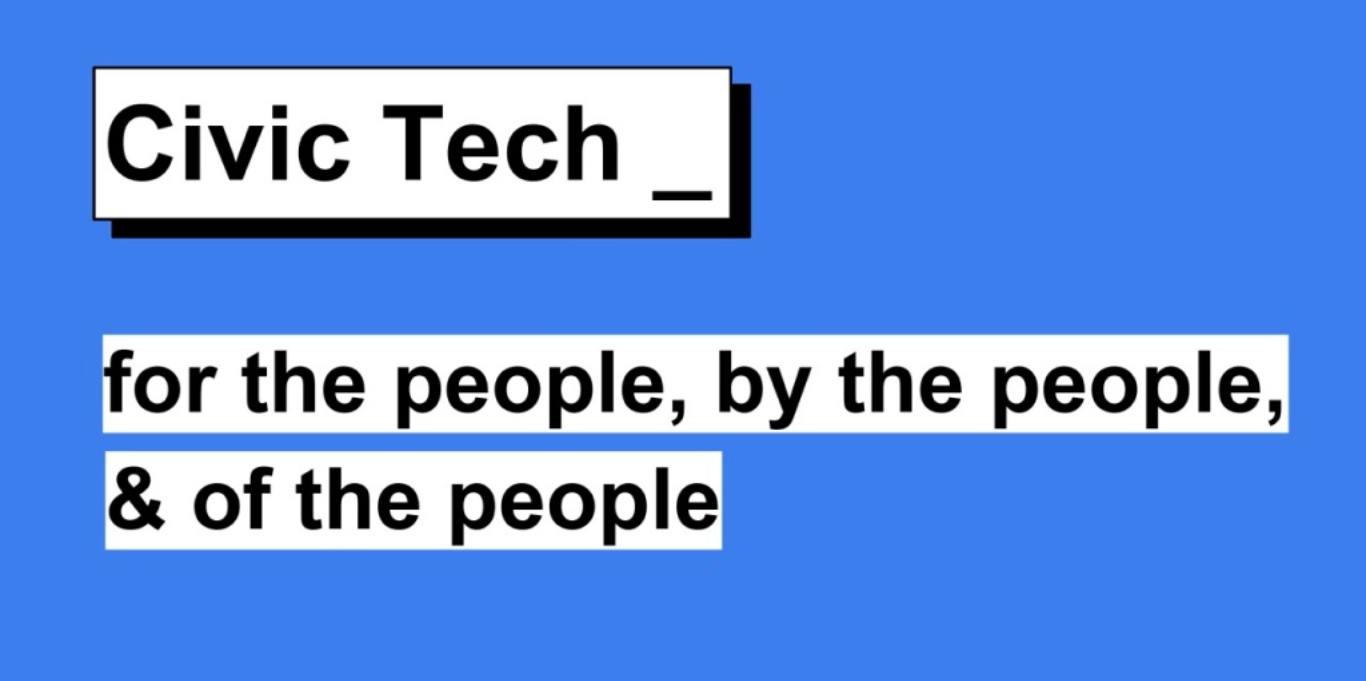Bank Services for Community Projects

I’ve been a semi-regular attendee of the Civic Tech Toronto community for over a year now.
After having been involved with different projects, as well as observing others throughout this time, I think one of the biggest challenges for many of our projects is sustainability in the long term.
And when I speak of sustainability, I do not mean in the environmental sense, I mean it in the sense of having a community project that can continue indefinitely, support itself, and continue to have impact.
Individuals and small groups have enormous potential to make huge impacts in their local communities. But it will go to waste if many of our efforts can not survive past the initial few months.
Part of this I believe is the lack of support, and I am looking forward to see the results of what Civic Hall Toronto are trying to do to alleviate this. But how else can we, as participants in the community, create shared resources that help support each other in our efforts to make change?
So I wanted to dedicate this post to a topic that was a bit challenging for our work at Chalmers Cards: banking.
What do you need a bank for?
In terms of long-term sustainability, it is important for community projects to eventually start a bank account. This is because:
- It makes it easier to keep track of finances in general
- Grant funding from either the government or foundations may require it
- Eventually you’ll need to make some types of transactions for the group
What if I’m not a business?
This was one of the first questions Zach and I had.
Probably 99% of non-personal accounts are being opened by new businesses, but as a community project you aren’t exactly one. For Chalmers Cards, our intention wasn’t to make money but to positively impact our community. And, being resource limited, we didn’t have the funds to register for non-profit status either.
So if you aren’t a business or a non-profit, could we even open an account?
In short: YES
As far as I know, not all banks offer this, but there are some that offer what they call “Community Group Plans” (the name will change depending on the bank). This is essentially banking services that are directly for these circumstances: organizations that have a social purpose, but haven’t got to the point where they’re incorporated.
A short list of some plans we came across here in Canada:
TD Bank’s Community / Not-for-Profit Plans
Scotiabank’s Community Account Plan
Here is a brief comparison:
| Bank | Monthly Fee | Monthly Transaction Limit | Minimum Deposit Amount |
|---|---|---|---|
| TD | $1.95 | 5 | None |
| Scotiabank | $2.50 | 10 | None |
| RBC | $3.75 | 15 | None |
This will vary in other jurisdictions, but really the point is simple: there are financial instruments out there to help support community projects.
At Chalmers Cards we went with the TD plan, but they each have their own strengths and weaknesses. I should note that most of these plans have limited transaction limits, but for most community groups I wouldn’t imagine that you would have a high volume anyway.
How do I set it up?
It’s amazingly simple to set one of these up. We just had to walk into a local branch and ask for their small business representative that handles these accounts. We spoke to them about the project, spent maybe an hour filling out forms and answering questions. By the end, we walked out with everything we needed and set up.
The simplicity is amazing.
Conclusion
As people actively involved in making change in their communities, it is important we don’t lose sight of the larger goals. Yes, we want to get a project off the ground and start making an impact. But we need to make sure we set ourselves up for long-term success.
I hope this post helped shed light on an aspect of starting a community project that I know Zach and I were mostly ignorant to.
If you have any thoughts hit me up @jtloong on Twitter or at joshua.t.loong@gmail.com
Comments powered by Talkyard.